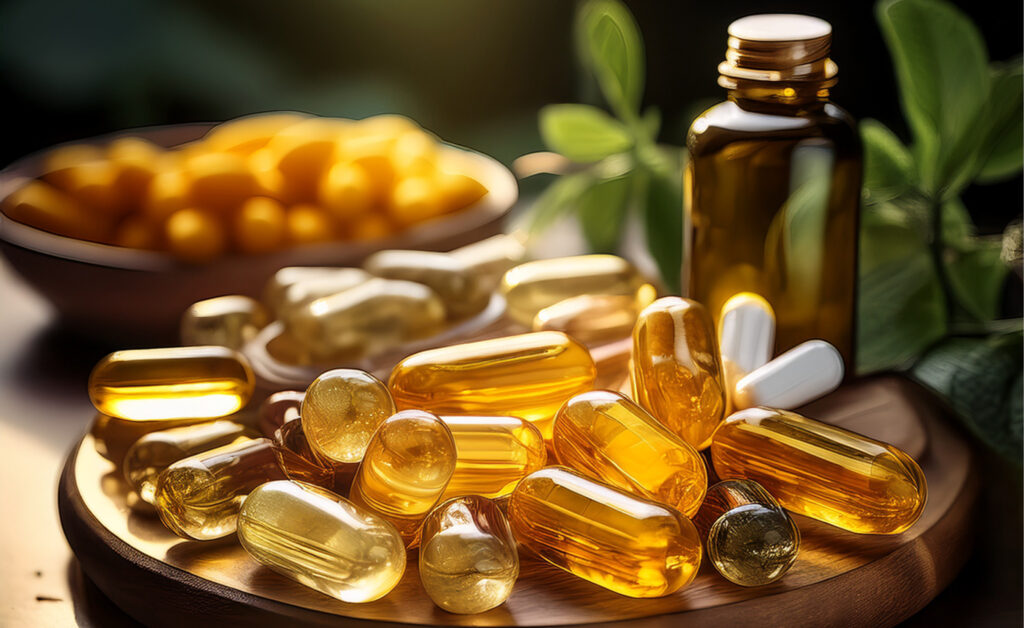Words Sherrin Griffin, Sidney Senior Care
These days, “longevity” is not only a huge buzzword, but an established science and a multi-billion-dollar market. We are hit at every turn with articles, programming, advertisements and social media touting the latest and greatest on how to increase our longevity – dictating specific things to eat, specific ways to exercise, how many steps we need in a day, what to get more of, what to avoid, and all with the perfect app designed to monitor our every breath and bite.
If any of you have watched the Netflix mini-series Don’t Die: The Man Who Wants to Live Forever, you’ll be familiar with the journey of Bryan Johnson, the tech millionaire biohacker who literally becomes a human science experiment in his quest to radically reverse his biological age, Benjamin Button-style, but with a lot more effort involved. Those efforts involve an obsessive grueling daily routine including ingesting more than 50 supplements and medications each day to slow down the aging process.
While most of us can’t afford a cool $2 million a year to pursue the age of 18 again like Johnson, Canadians do spend an estimated $8 billion a year on supplements, many falling prey to bright, shiny advertising, promising testimonials and some outrageous claims.
When it comes to supplements, most doctors and healthcare professionals do agree on a few key ones, backed by extensive research, that many of us are lacking, especially in our less sunny northern climate: vitamin D (supports bone health and immune function); omega 3 fatty acids (essential for heart and brain health, and reduces inflammation); and magnesium (supports muscle and nerve function, and mental health). And with the increasing numbers of vegetarians and vegans these days, there are other important supplements to consider such as Vitamin B12, iron and zinc, which are more commonly found in animal products.
Additionally, with the increasing interest in longevity and the rapid rise of cancer, diabetes and heart disease, there are other supplements and nutraceuticals that are showing great promise for increasing immunity, youthful vigour and lifespan.
Some are substances which the body naturally produces, but decline with age, such as coenzyme Q10 (a heart-healthy antioxidant vital for energy production and neutralizing free radicals), glutathione (a powerful antioxidant that detoxifies and protects cells from damage), nicotinamide riboside and nicotinamide mononucleotide (precursors to NAD+, a molecule important for cellular energy) and collagen (a protein and key component in bones, skin and muscles).
Others are isolated compounds found in fruits, vegetables, herbs and/or other plants such as curcumin, quercetin, resveratrol, fisetin, spermidine, sulforaphane and berberine which all feature potent antioxidant and anti-inflammatory properties that may boost the immune system, help kill cancer cells, control blood sugar and prevent heart and neurological disease.
Pharmaceutical drugs such as metformin, a common drug for diabetes, and rapamycin, typically used to prevent organ rejection in transplant patients, have also been gaining attention recently for their anti-aging properties, but more research is needed and they are not FDA-approved for anti-aging use.
When choosing any supplements, make sure you consult with your doctor or other qualified healthcare professional to find quality options that best suit your health profile. Look for reputable brands that feature non-GMO verified traceable ingredients that have been third-parted tested for purity and potency. Some certifications to look for include: NSF International, UL, USP, ISURA and Informed Choice. In Canada, supplements are regulated as Natural Health Products (NHPs) by Health Canada, and to be sold, they must obtain an NPN (Natural Product Number).




